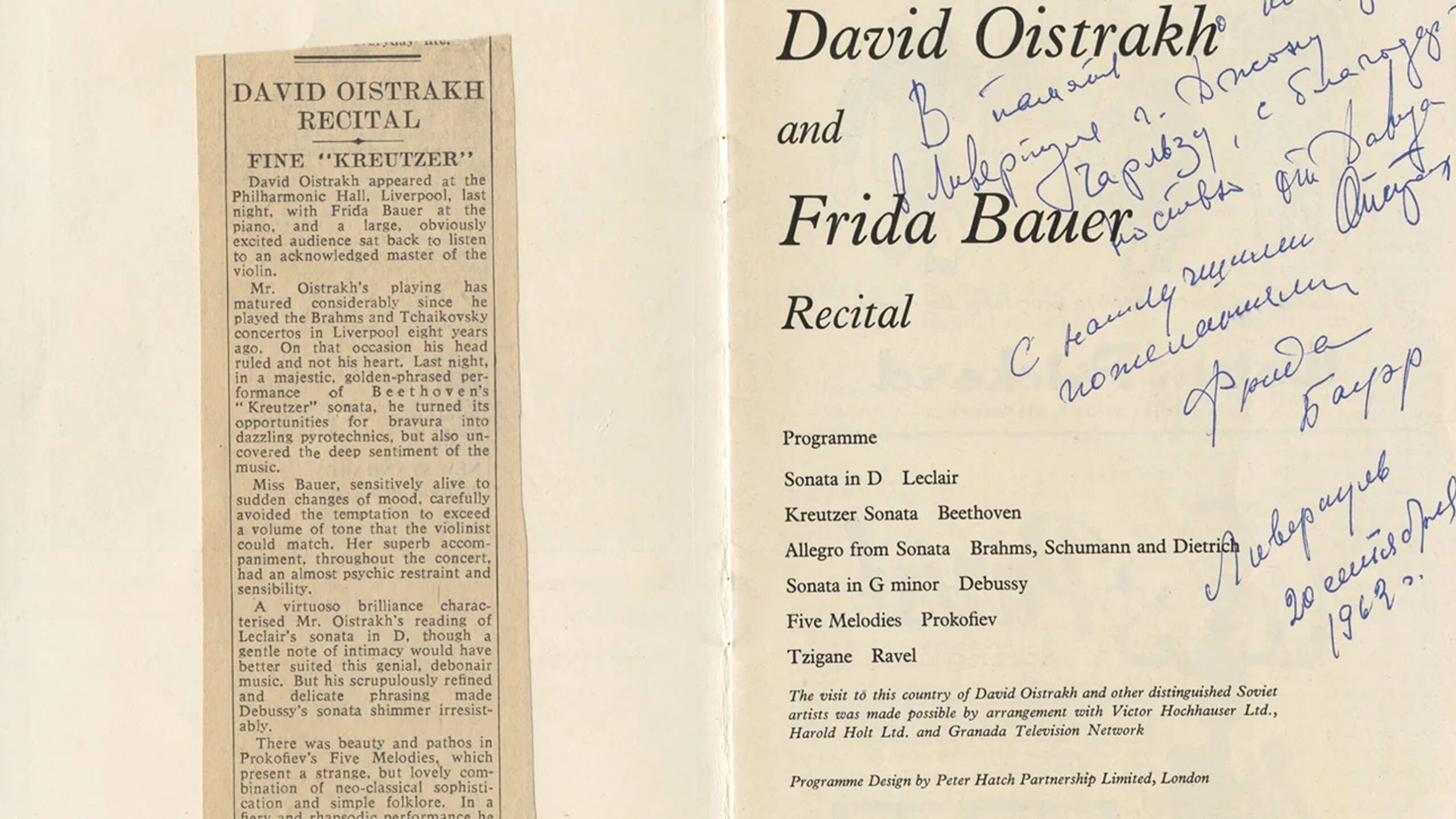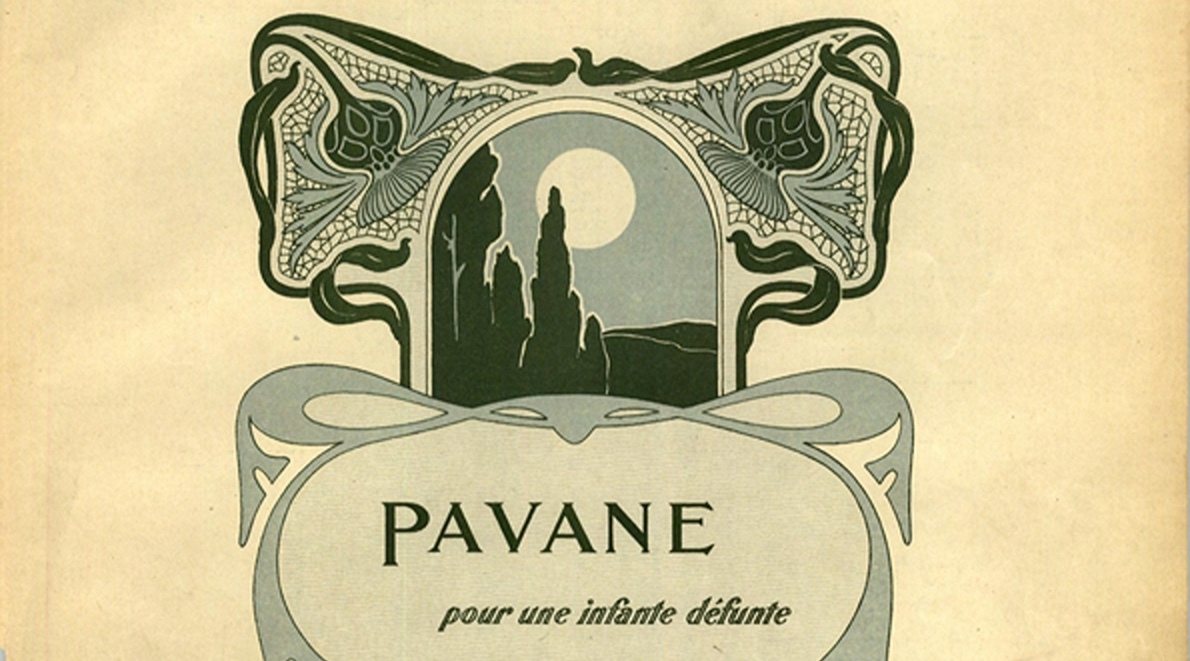David Oistrakh in Recital
Warmth, sincerity, and nobility are words which have been used to describe the artistry of the Soviet Russian violinist, David Oistrakh (1908-1974). My teacher, Oleh Krysa, who was a student of Oistrakh, commented that “In his playing there had never been any pointedness of expression or surgery sentimentalism, there had never been a trace of affectation aimed at winning over the public.” (The Way They Play, Book 14) Instead, Krysa found that …






